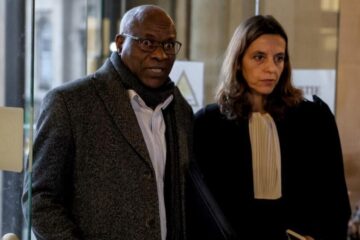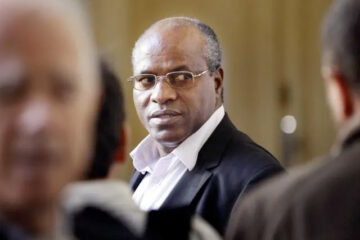The rising tide of Gen Z-led protests across Kenya has not only shaken the political establishment but also reopened Africa’s long-standing debate: how do modern African states balance authority with democracy? In the eye of this storm stands political analyst Mutahi Ngunyi, whose fiery call for President William Ruto to toughen his grip reveals deeper tensions that echo far beyond Kenya’s borders.
Ngunyi, known for his controversial insights, took to social media with a piercing message: President Ruto has been “too soft” in the face of mass unrest and must now wield both “the Constitution and the sword” to restore control. His criticism follows the deadly Saba Saba protests on July 7, originally meant to honor Kenya’s multiparty journey, which ended in bloodshed and widespread looting.
From an African perspective, this moment reflects a familiar crossroad. Many African leaders, Ruto included, often rise on the wings of democratic promise, only to find themselves tested by the very freedoms they vow to uphold. Ngunyi’s call for Ruto to “use the sword” a symbolic nod to the ceremonial weapon of presidential authority, evokes Africa’s uneasy history with power: where does leadership end and authoritarianism begin?
“We gave you the Constitution to protect, and the sword to defend,” Ngunyi wrote. “You have been too soft. That is why they have gone too far.”
While some interpret this as a demand for decisive leadership, others see it as a dangerous endorsement of repression. Already, the cost is high. According to Kenya’s Human Rights Commission, over 30 people were killed and more than 400 injured during recent protests. Images of youth gunned down and peaceful marchers met with brutality have sparked not just national outrage but international scrutiny. Rights groups are now mulling a case at the International Criminal Court against Ruto and senior police officials.
Yet, this isn’t just about Kenya. From Kampala to Khartoum, Lagos to Kinshasa, African youth are rising, not with weapons, but with hashtags, placards, and defiance. The question now is whether African leaders will meet them with listening ears or iron fists.
Ruto, for his part, has accused protestors of incitement and insists that any removal from power must follow constitutional channels. “Anarchy will not solve our problems,” he told a gathering in Nairobi, calling for structured debate over street defiance.
But for many young Kenyans, those words ring hollow in a country where promises feel broken and economic hardship deepens. The battle now is not just for policy reforms but for the very soul of the state.
In Africa, leadership is often seen through the lens of strength. But is that strength measured by the will to listen or by the capacity to crush dissent?
As Kenya navigates this crisis, the continent watches closely. For in the clash between Mutahi Ngunyi’s “sword” and the Gen Z cry for justice lies a fundamental question: what kind of Africa are we building? One ruled by fear, or one shaped by courage and accountability?








